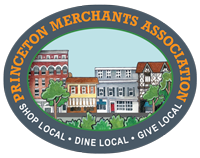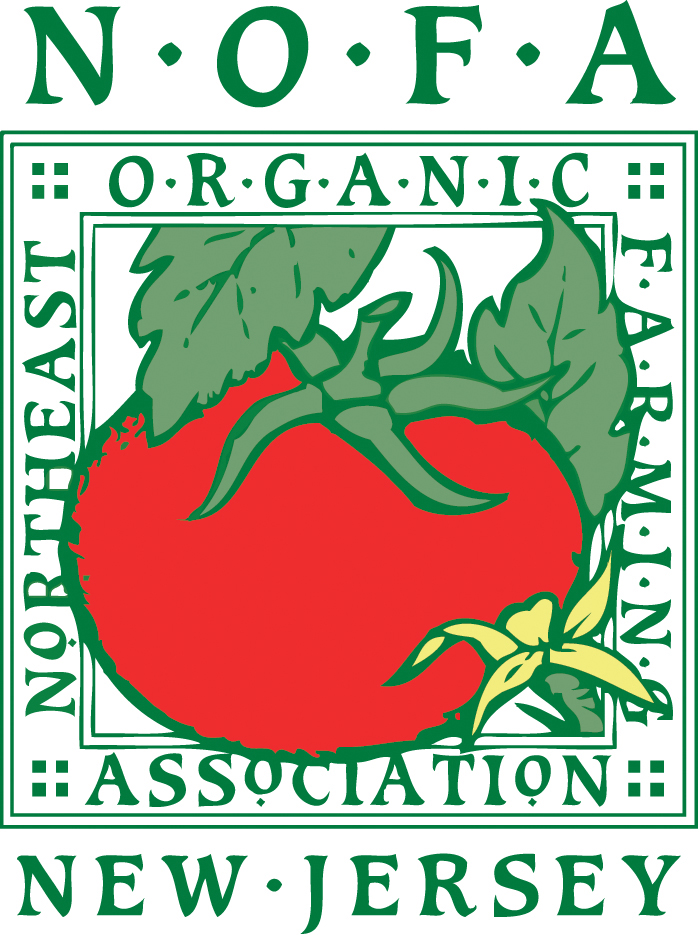Tackling Food Waste
On April 18, 2018, The Guardian published an eye opening and disturbing article on the problem of food waste in America. The article outlined findings from a report entitled Relationship between food waste, diet quality, and environmental sustainability, which looked at the USDA’s analysis of eight years of food waste data. From the headline announcing that Americans waste 150,000 tons of food EACH DAY to the surprising conclusion that those who have diets rich in fruits and vegetables are the most wasteful, it is a wake-up call for all of us to develop better strategies for making maximum use of the foods we purchase or grow.
Breakdown of Mercer County Landfill Waste
The Food Waste Dilemma in Princeton
In a February 2019 email, our friends at Sustainable Princeton updated the community on the status of the Food Waste Recycling Program in Princeton:
Last week's community meeting on how to make the food waste collect program viable was very well attended! This confirmed what we already know, YOU are concerned and eager to help identify solutions for proper disposal of food waste in Princeton.
If you were unable to attend the meeting, here is the link to view it online. Also, if you have suggestions, feel free to email the Municipality of Princeton // Access Princeton at accessprinceton@princetonnj.gov or call 609.924.4141.
While the municipality continues to work on potential short and long term solutions, we suggest that you sign-up for Mayor Lempert's 'Princeton Weekly Updates' to stay informed. We also suggest you familiarize yourself with the Food Recovery Hierarchy (US EPA) and our tips to prevent and divert wasted food as published in our recent blog post, Got the Compost Blues?
We thank you for your continued interest and dedication to sustainable living.
Sincerely,
The Sustainable Princeton Team
Feed People, Not Landfills
At the top of the EPA's Food Recovery Hierarchy is the prevention and diversion of wasted food. In other words, before we think about how to process food waste, let's talk about preventing waste in the first place!
According to the EPA, avoiding waste creates "the most benefits for the environment, society and the economy." The benefits listed by the EPA are:
Prevent pollution related to food production, such as fertilizers and pesticides, and save energy associated with growing, preparing, and transporting food.
Reduce methane emissions from landfills.
Save money by buying only what is needed and by avoiding disposal costs.
Save labor costs through more efficient handling, preparation, and storage of food that will actually be used.
Tips for avoiding food waste by individuals include making grocery lists, inventorying supplies, clearly marking leftovers so that they have a better chance of getting used, and buying less.
The EPA also has tip sheets for schools, manufacturers, restaurants, universities, and grocery stores on preventing food loss and waste.
EPA Food Recovery Hierarchy
Save the Food!
Estimates place the amount of food we waste in the United States at a whopping 40%! This includes waste all along the food chain — from farm fields to distribution to retail to the plate.
Want to lower the percentage of food you waste? Check out Save the Food, a national public service campaign that was developed by the Ad Council and the Natural Resources Defense Council to combat food waste. On their website you'll find lots of tips and strategies for reducing food waste in your home. And follow them on Instagram and Facebook to see their playful and informative food saving posts!







